What is Abrasion?
Abrasion in industrial context occurs when friction gradually erodes a material or when a rough surface moves against a softer one. This type of wear poses a significant problem in various industries such as mining, petrochemicals, cement plants, power generation facilities, pulp and paper mills, chemical plants, and food processing industries. It results in notable damage to surfaces of machinery and equipment, leading to costly repairs and operational disruptions.
What is Abrasion Resistance?
Abrasion resistance refers to the capacity of a material to endure the erosion caused by mechanical components and repeated instances of scraping or rubbing. Abrasion resistant coatings that provide protection against abrasive environments and extend the service life of equipment and structures.
Let's delve into two widely used types of abrasion-resistant coatings: ceramic epoxies and polyurethanes. We'll examine the unique properties of each.
Abrasion Resistant Epoxy Coatings
Epoxies represent a category of chemically crosslinked or thermoset polymer structures renowned for their widespread application as coatings, owing to their remarkable adhesion, resistance to chemicals, and robust mechanical attributes. They can be tailored to offer outstanding resistance to abrasion, rendering them particularly suitable for environments prone to heavy wear and tear.
Typically, abrasion-resistant epoxies incorporate inorganic fillers to enhance hardness and durability. These coatings can be applied as a single layer or in multiple layers to achieve the desired level of protection.
A key advantage of utilizing abrasion-resistant epoxies lies in their ability to form strong bonds with various substrates, including concrete, steel, and other metals. This versatility makes them highly favored for industrial applications such as factories, warehouses, and processing plants, where protection against corrosion on tanks, structures, pipelines, and environments with high levels of slurries is essential.
Abrasion Resistant Polyurethane Coatings
Compared to epoxies, polyurethane coatings typically offer greater flexibility and pliability. They can be tailored to exhibit a diverse range of properties, including excellent resistance to abrasion. These coatings find widespread use in environments characterized by high levels of abrasion, wear, or impact, such as marine settings or heavy machinery applications, where protection against erosion and corrosion is paramount.
An abrasion-resistant polyurethane coating typically features a high concentration of flexible backbones, imparting exceptional toughness and wear resistance. These coatings can also be engineered to deliver additional desirable attributes, such as chemical resistance or UV stability. Available in various colors to suit different applications, though black is commonly used, polyurethane coatings are not only applied directly onto infrastructures, bulk storage tanks, and processing equipment but are also frequently used as topcoats over other coatings like epoxies or primers to enhance abrasion resistance and overall protection. They are also employed as standalone coatings in scenarios where abrasion resistance is the primary concern.
Conclusion
Abrasion-resistant epoxy polymer and polyurethane coatings offer exceptional protection for a wide range of surfaces and processing equipment against wear and tear. The decision on which coating to utilize hinges on the particular application and the desired characteristics, such as particle size, concentration, flow rates, chemical resistance, or UV stability. By carefully choosing the suitable abrasion-resistant coating, you can prolong the lifespan of your equipment and structures, thus reducing maintenance expenses and minimizing equipment downtime.
Contact us for more information on which Devcon coating solution is most suited for your maintenance and repair applications.

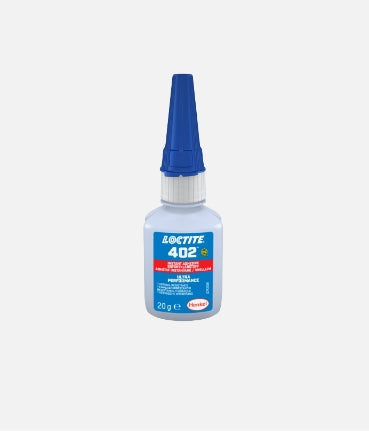
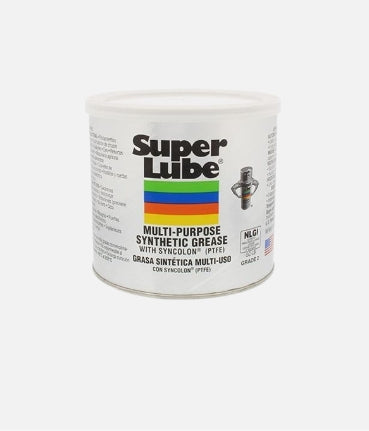
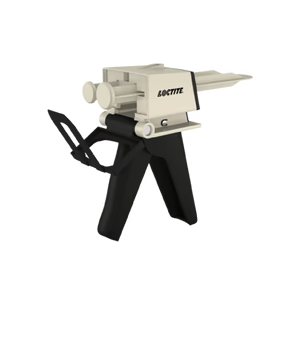
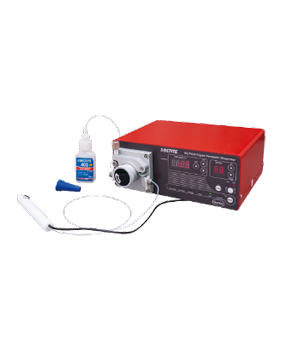
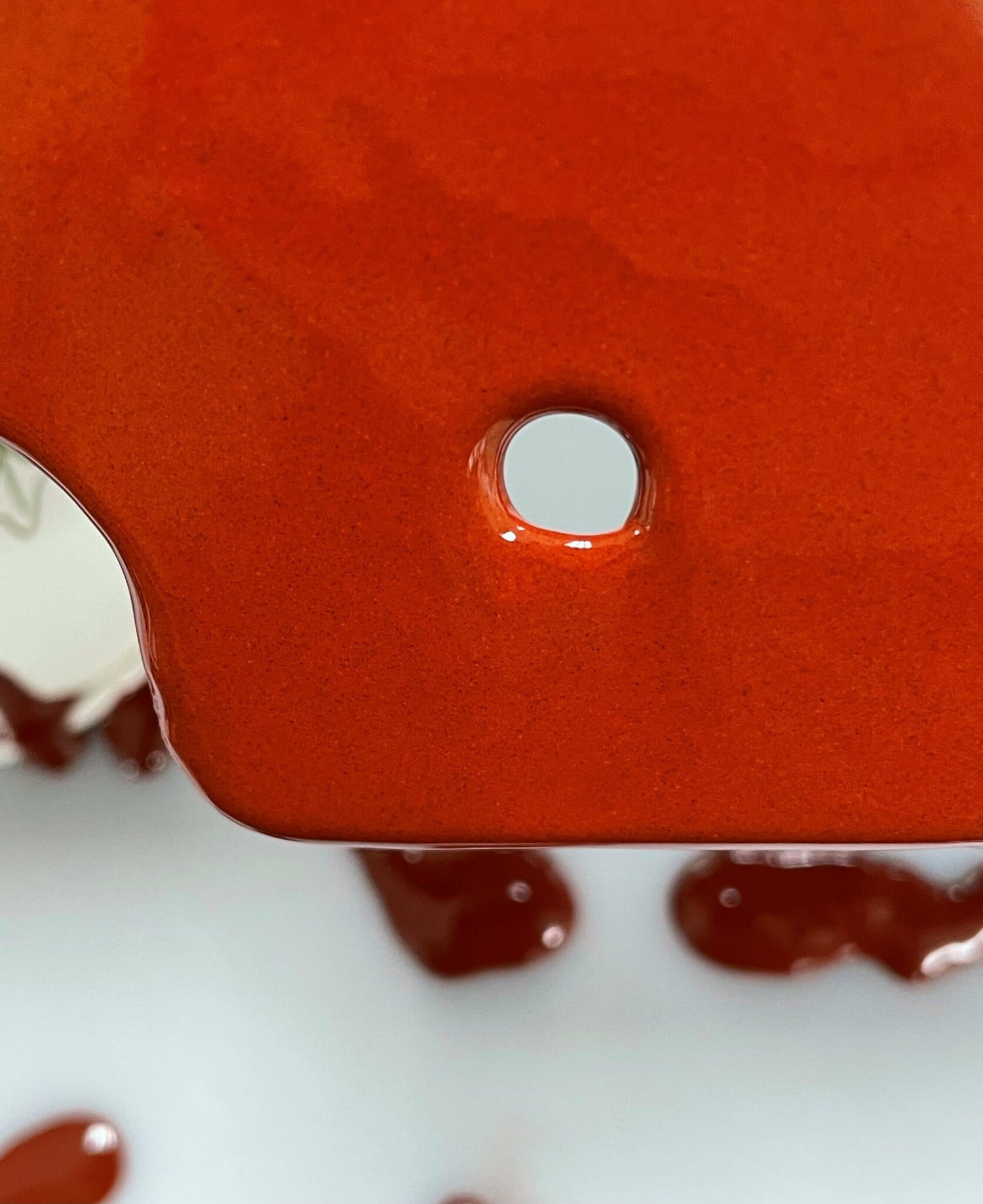
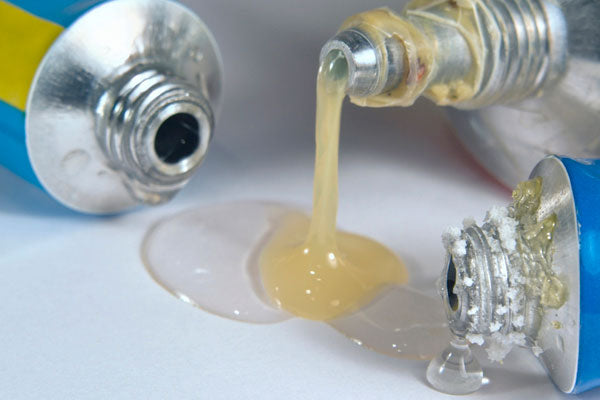
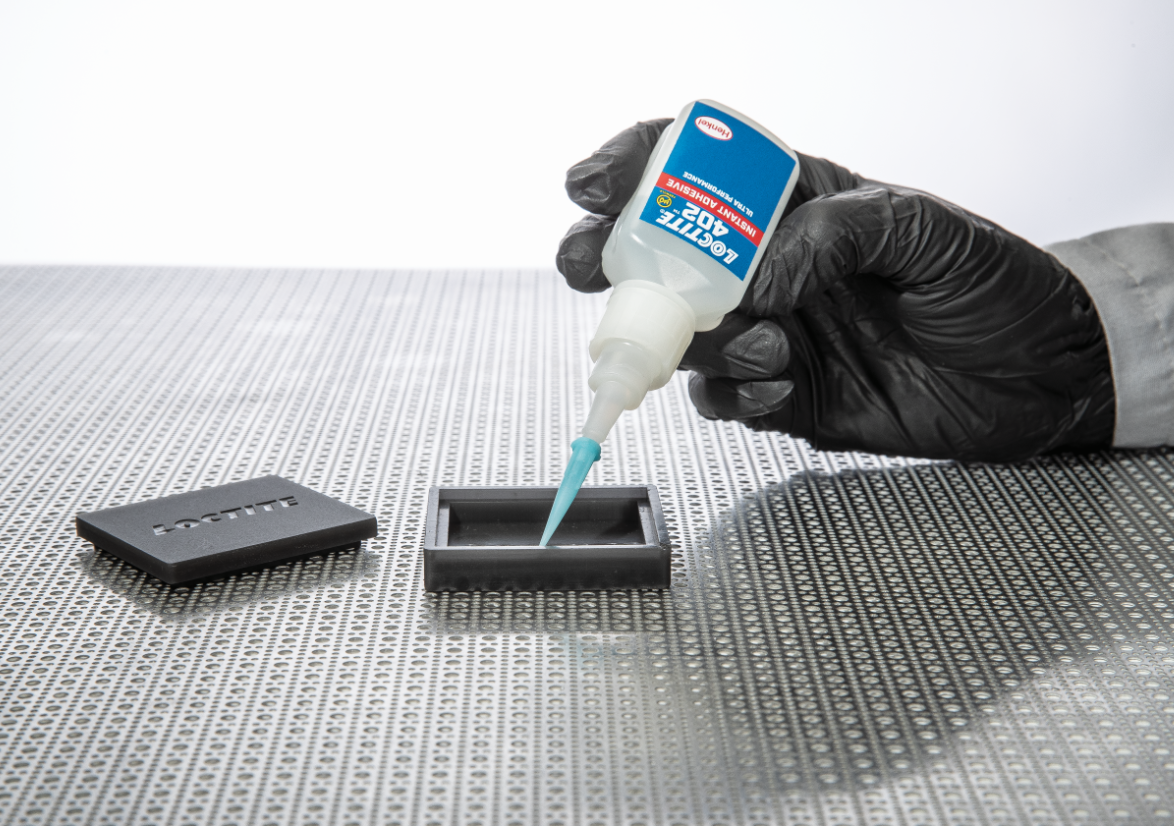
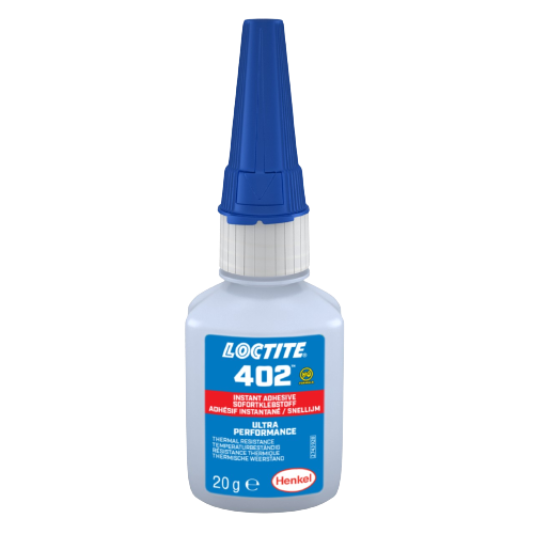
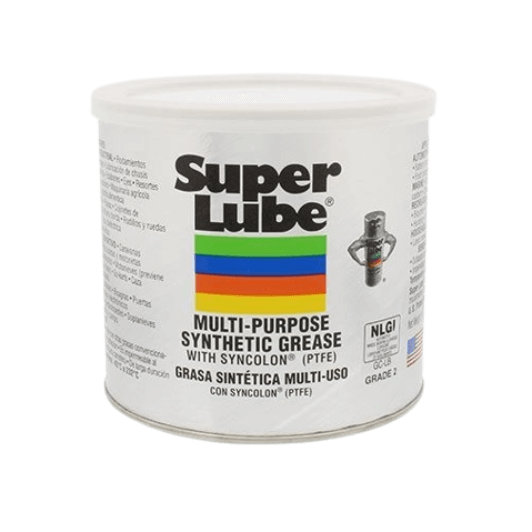
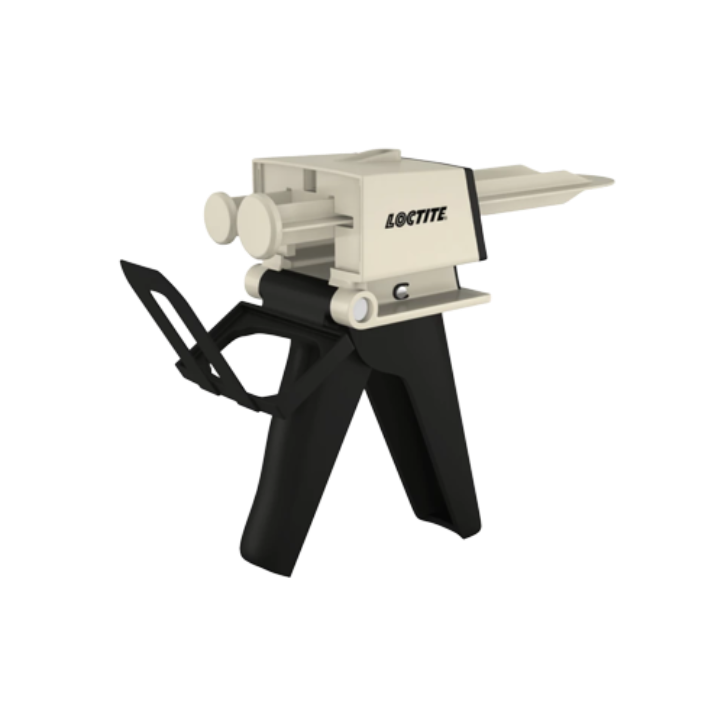
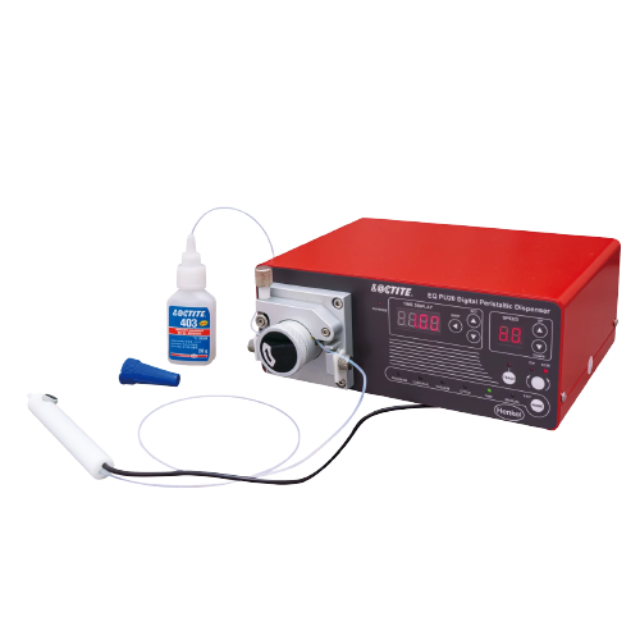
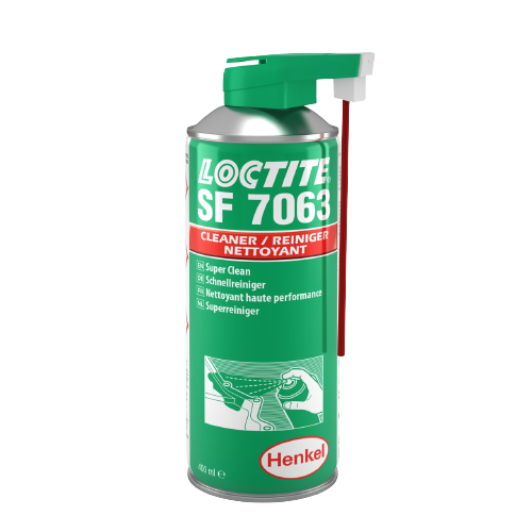
Leave a comment
All comments are moderated before being published.
This site is protected by reCAPTCHA and the Google Privacy Policy and Terms of Service apply.